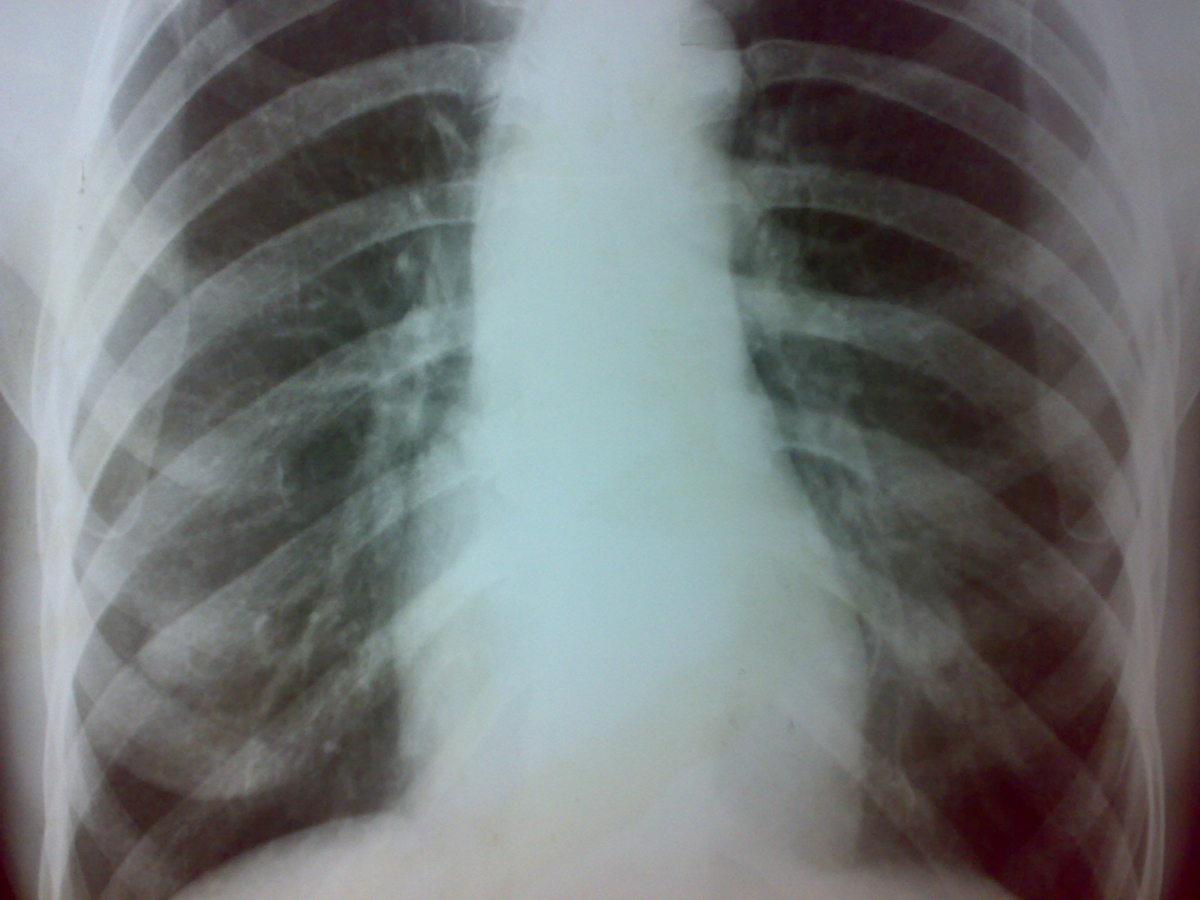
Esophageal cancer pulmonary complications
A fair number of complications and that can be both uncomfortable and dangerous can occur in a person who is diagnosed with cancer of the esophagus. Weight loss and anemia are two complications that are seen most often. These and every other complication can be successfully treated if the symptoms are discovered in the early stages and the patient receives treatment as soon as possible. In addition to these two complications, problems with swallowing are another one that is seen quite often. This problem is particularly dangerous as it can progress into a total obstruction of the esophagus. The main reason why the patient might experience difficulty swallowing is because of the growth of the tumor. When that happens a person will be unable to eat properly and that will lead to weight loss.A certain complication that can also be experienced is called trachea-esophageal fistulas. Fistulas are the holes located between the windpipe and the esophagus and through these holes the food and drink can get all the way down to the lungs. If that happens, a person will suffer from chocking, gagging and coughing during the swallowing. This condition is mainly managed by a surgical procedure.
Thos patients who bleed a lot due to the cancer of the esophagus may experience anemia as well. Paleness and fatigue are the two sure signs of anemia. Chemotherapy is usually the cause of this complication but the condition can be managed with the transfusion of red blood cells. Even though pneumonia does not occur that often in esophageal cancer patients it can happen. Pneumonia usually develops when food enters the lungs because it cannot pass normally to the stomach because the tumor is blocking the way.Metastasis is not a complication only seen in case of esophageal cancer but in every type of cancer. This is the process of the spreading of the cancer to other organs in the body. The secondary cancer that developed in some other organ can also be treated but it is a lot more difficult to treat than the primary cancer.
How to prepare for a doctor’s visitDiagnosing esophageal cancer is not an easy task for the doctors as the signs are usually visible when the disease has already progressed. However, that does not mean that the symptoms should not be looked for. Some of the signs of esophageal cancer include dysphagia, unexplainable weight loss, pain in the chest, fatigue, chocking during meals, indigestion, and heartburn and coughing.
In situations where any of these symptoms do not go away after some time a person should go to the hospital and talk to the doctor about them. The doctor will tell the patient about all the signs and symptoms and which incline that the condition is getting worse.A person who suspects that he or she of having cancer of the esophagus will talk to a lot of specialists about the condition. Esophageal cancer is not an easy type of cancer to treat and a team of specialists is usually involved in the process of treatment. The team consists of gastroenterologists, oncologists, surgeon and a radiation oncologist. When going to the hospital it is a good idea to go prepared. Every single symptom should be written down, even the ones that may not seem to be connected with the disease. Any recent changes in life and major stresses should also be written down as the doctor will need all the information that he or she can get. Every medication, vitamin and supplement that the patient is taking at the moment should be written down as well. Taking someone close to the patient to the appointment is a good idea as the doctor will provide a lot of information. Coming up with a list of questions for the doctor is essential in order for nothing to be forgotten. Some of the most often asked questions are how advanced is the cancer, what tests need to be done and what are the side effects of each treatment. Apart from these there are a lot of other questions that should be asked.

















Your thoughts on this
Loading...